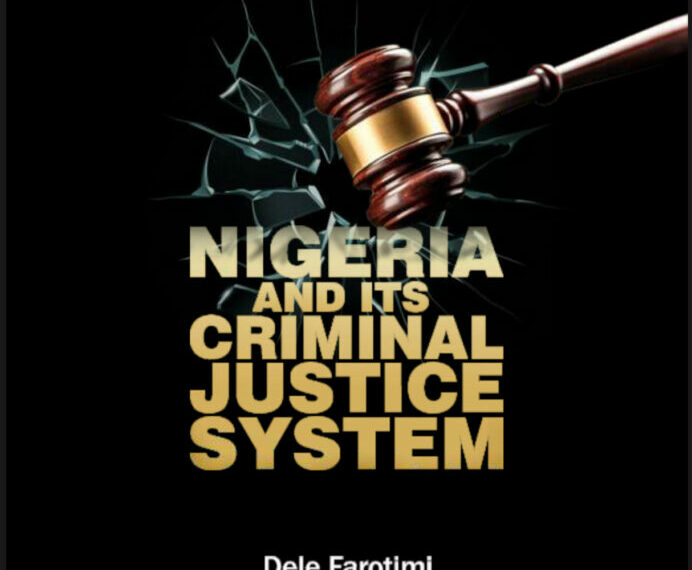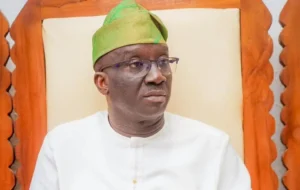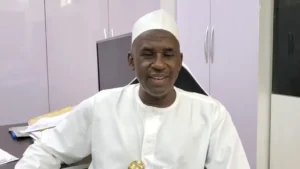The ongoing clash between Afe Babalola, a prominent Nigerian lawyer, and Dele Farotimi, a critic of the Nigerian justice system, has opened up important discussions about power, reputation, and the flaws in the country’s legal system. Farotimi recently published a book that criticized the system, leading to a confrontation with Babalola, who felt his reputation was under attack.
In Nigeria, power and wealth often shape how people’s reputations are treated. Babalola, known for his legal success and university, had his reputation built on a foundation of power and influence. However, Farotimi’s outspoken criticisms have exposed cracks in that image. It appears that Farotimi’s challenge was not just about pointing out flaws in the system but also about confronting someone who has long been shielded by his status.
Babalola’s response to the challenge seemed surprising. Instead of standing firm, his legal team suggested that Farotimi’s family apologize to him publicly, which seemed like an odd move given the serious nature of the defamation case. This led some to wonder if Babalola, in trying to protect his reputation, was failing to see the bigger picture. If a person’s reputation truly holds value, why would they seek a mere apology instead of ensuring the full consequences of an attack on their name?
This situation sheds light on a bigger issue in Nigeria: the tendency of powerful individuals to manipulate the legal system to protect their interests. The Nigerian legal system is known for corruption, and the wealthy often use it to their advantage. In cases of defamation, those with money can afford to fight battles that ordinary people cannot. This creates an uneven playing field, where the rich and influential can protect their reputations, while others have little recourse.
Farotimi’s bold stance, however, highlights the power of standing up against the system, even when it seems impossible. Despite the corruption within the Nigerian judiciary, his refusal to back down makes a statement that goes beyond legal victory. It calls attention to the need for change in the system, challenging the idea that money and power should always win.
Babalola’s case also offers a personal lesson. The desire to maintain a perfect image and win every battle can lead to overreliance on the law and power. Instead of defending his reputation in the courtroom, Babalola could have reflected on the bigger issues at play—how his legacy is shaped not just by legal victories, but by the impact he has on the system around him. Farotimi’s challenge shows that sometimes, maintaining a reputation through manipulation and power is more damaging than standing up for what’s right.
In the end, this clash between Babalola and Farotimi teaches us about the complexities of reputation, power, and integrity in Nigeria. It reminds us that true strength lies not in defending our image at any cost but in confronting uncomfortable truths and calling for meaningful change in a broken system.







